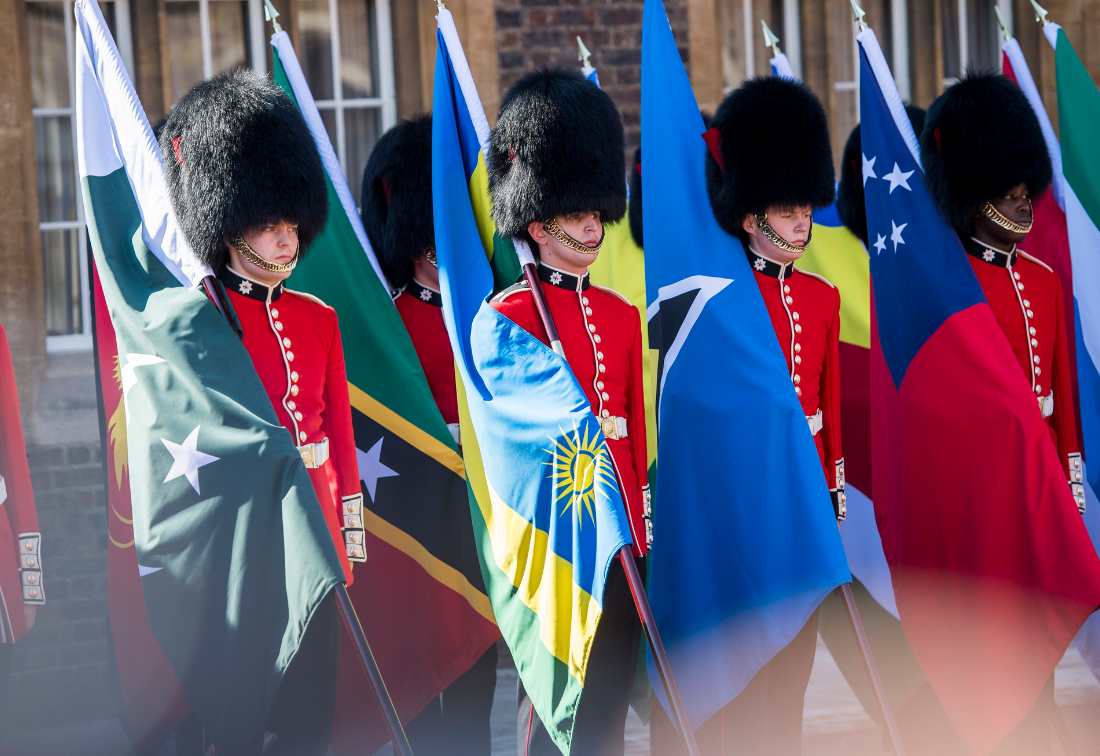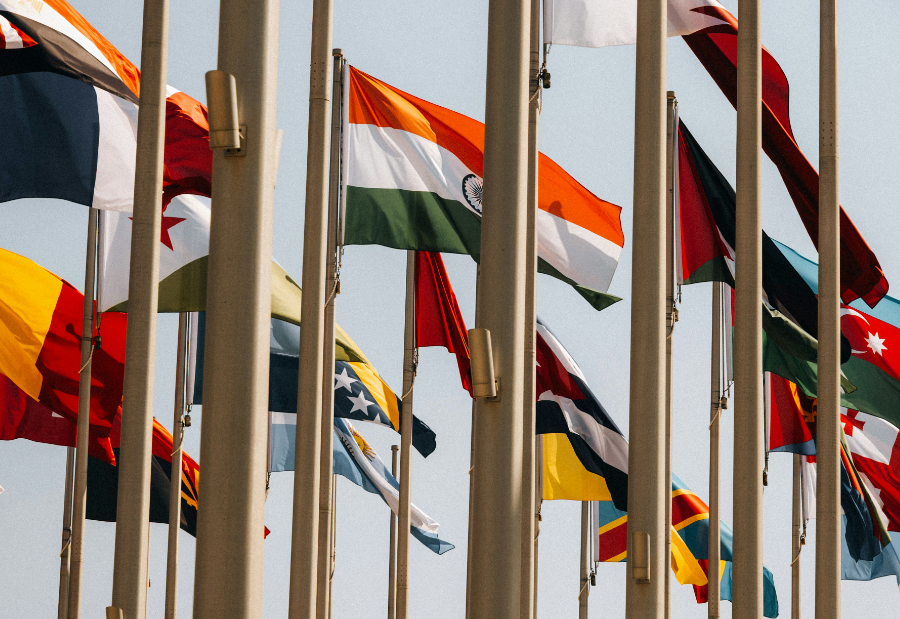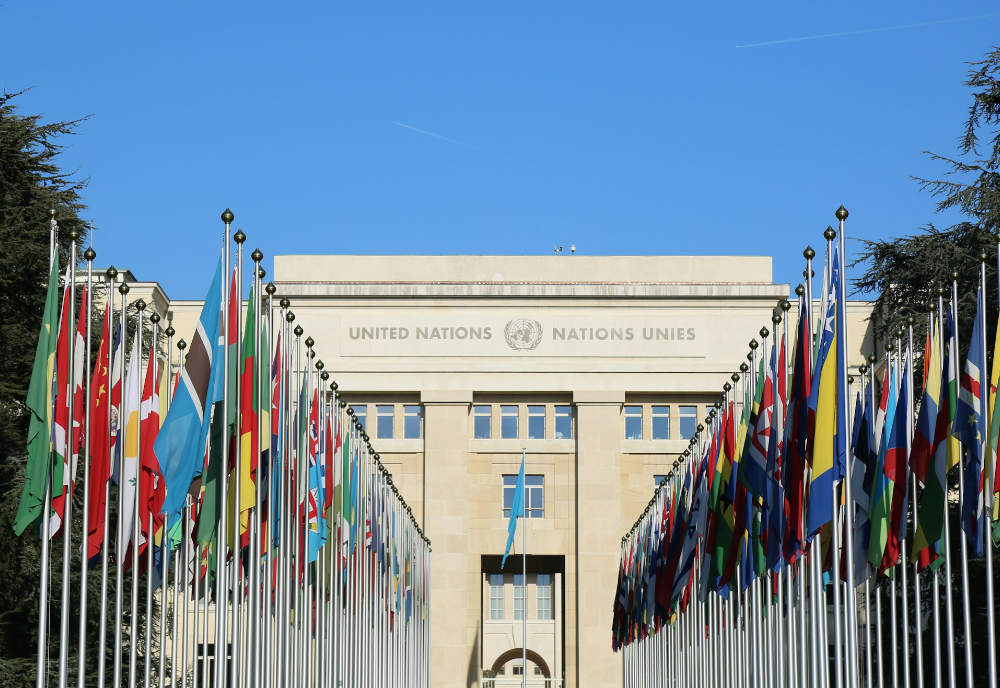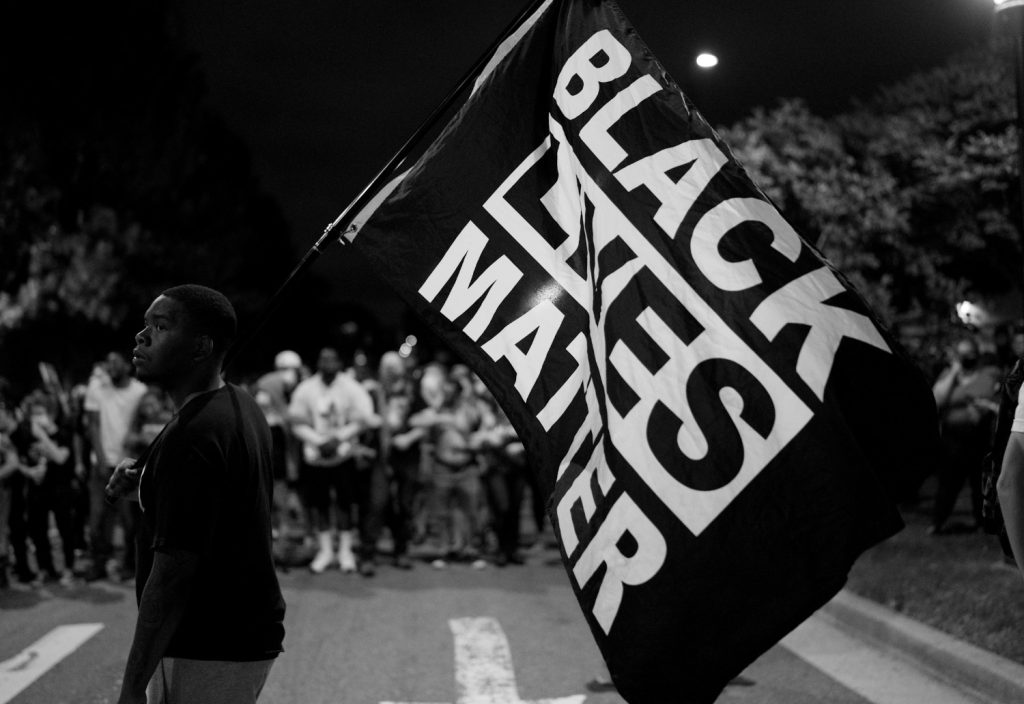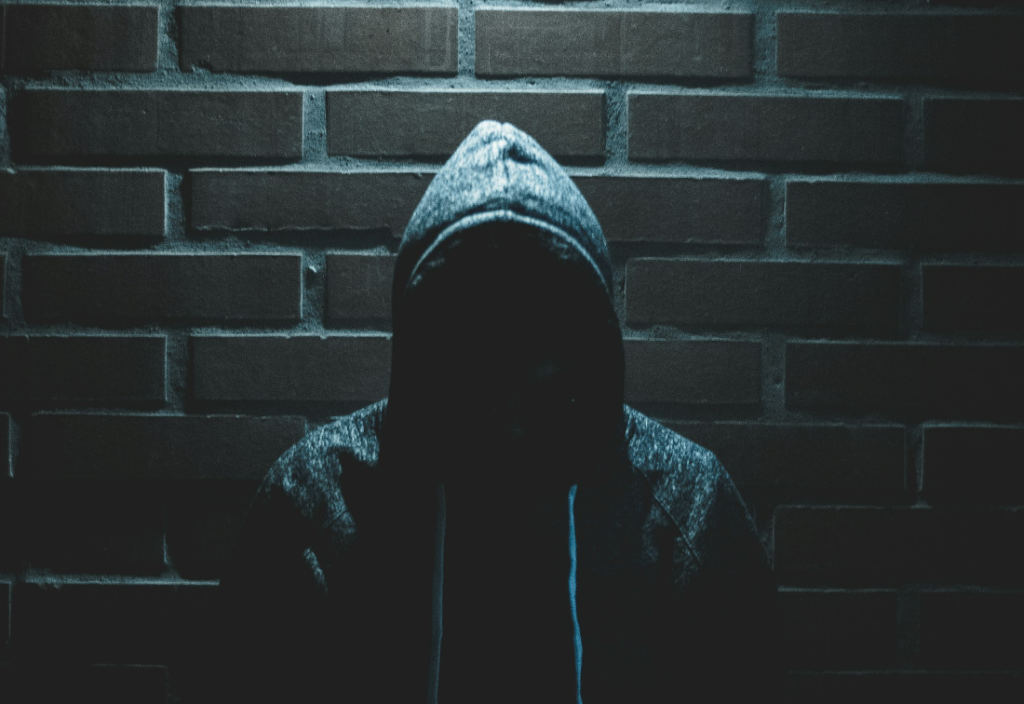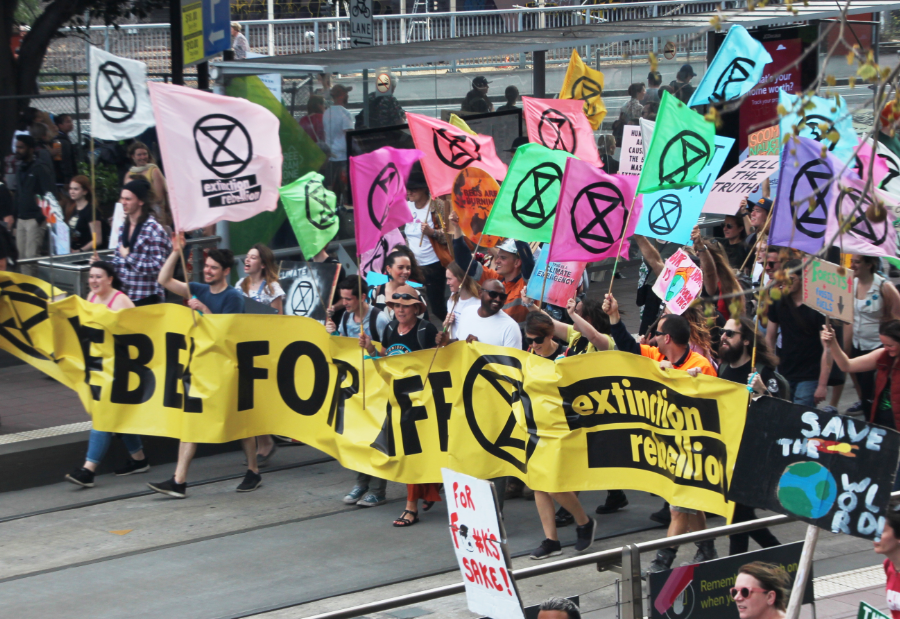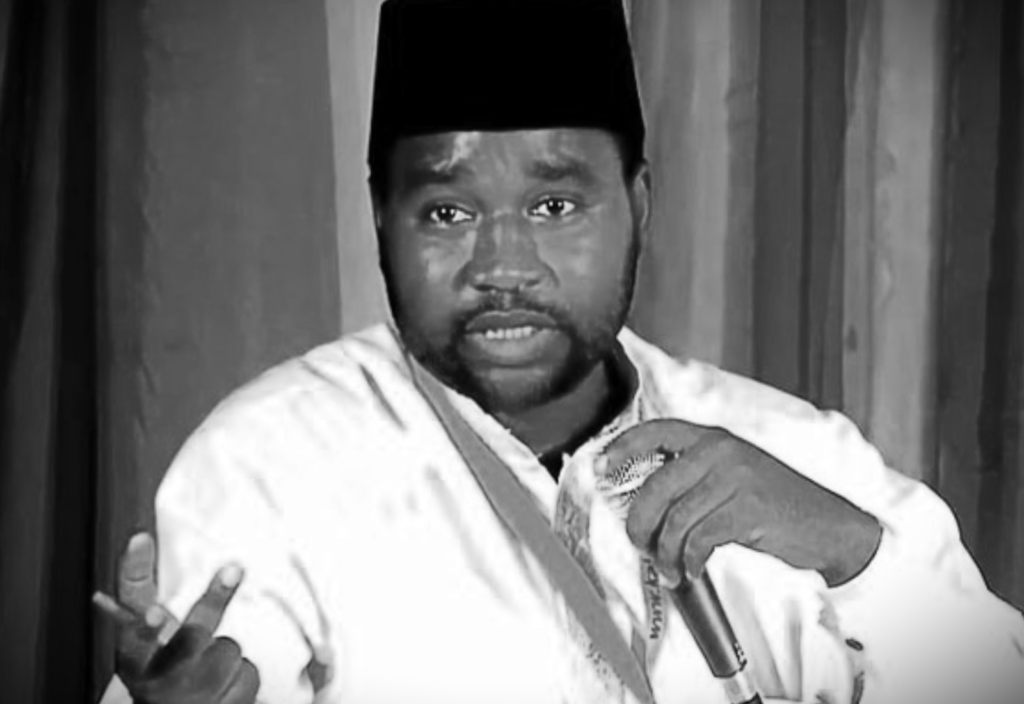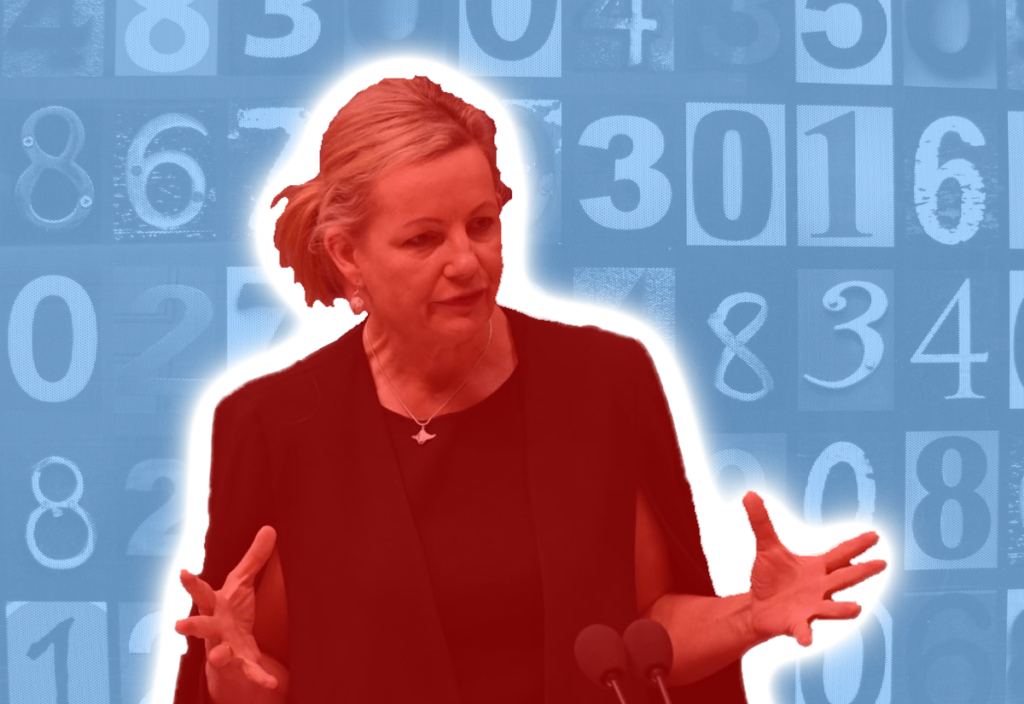This month, the Commonwealth commemorated the 70th anniversary of the Queen’s reign, including her role as Head of the institution. This week, Commonwealth leaders will come together for the first time in four years, at the 26th Commonwealth Heads of Government Meeting (CHOGM) in Rwanda.
But what should have been another celebration, has been marred by concern over the host’s human rights record, as well as media attention on the controversial agreement struck by the British government to send asylum seekers for off-shore processing in Rwanda.
While the European Court of Human Rights has, at least temporarily, halted the possibility of asylum-seekers being flown from the UK to Rwanda, the fact that United Nations’ human rights experts have cast doubts on this deal between two Commonwealth members highlights the disparity between words and action when it comes to the Commonwealth’s record on implementing human rights.
The Commonwealth has always had a tricky relationship with human rights. On the one hand, the Commonwealth (although not necessarily all members) was praised for its stance on apartheid in South Africa. On the other hand, many of the Commonwealth’s 54 member states appear in reports by human rights organisations – like Human Rights Watch, Amnesty International and the Commonwealth Human Rights Initiative (CHRI) – for human rights abuses.
Indeed, only last week, media harassment, unlawful detention and torture in Rwanda were the subject of a statement signed by 24 civil society organisations.
The Commonwealth’s human rights agenda is ambitious on paper. Its declarations recognise “racial prejudice as a dangerous sickness” (Singapore Declaration 1971), the importance of “the liberty of the individual under the law” (Harare Declaration 1991) and reiterate that the organisation is “implacably opposed to all forms of discrimination” (Commonwealth Charter 2011).
But while the Commonwealth condemns “all forms of colonial domination”, there’s still a need to deal with the legacies of colonialism in members as well as Britain’s role in the slave trade. And modern slavery is a practice that tragically has yet to be consigned to history.
Despite this strong language, methods for enforcing the Commonwealth’s values in the ‘family’, as it is frequently known, are weak.
There is no Commonwealth Court of Human Rights (proposed by human rights barrister Geoffrey Robertson QC in 1991) or Commonwealth Human Rights Commissioner (suggested by CHRI and a Commonwealth Eminent Persons Group).
Neither has the Commonwealth sanctioned many members for violating its fundamental principles.
In 1995, the Commonwealth Ministerial Action Group (CMAG) was established. CMAG is a body of foreign ministers tasked with assessing breaches of certain Commonwealth principles, notably serious violations of democratic principles in the form of military coups.
In the past, this has seen members like Nigeria, Pakistan and Fiji suspended from the Councils of the Commonwealth. Although the remit of this group was extended in 2002 to encompass other “serious or persistent violations” of the Harare Declaration, it has rarely taken substantive action beyond the most obvious breaches of democracy.
In practice, sanctions in the form of suspension against Zimbabwe (2002-2003) and the possibility of similar measures against Maldives (2016) resulted in both countries withdrawing from the Commonwealth. The Gambia, previously on CMAG’s list and under scrutiny from civil society organisations, unexpectedly left in 2013, calling the Commonwealth “a neo-colonial institution”.
For these countries, the price of being shamed was higher than the prize of remaining.
While The Gambia and Maldives have now re-joined, all three countries’ actions demonstrate the Commonwealth’s dilemma. Is it better to remove a recalcitrant member to reinforce the organisation’s values or to keep the member in the fold with the hope of persuading a government to change course?
Is it better to remove a recalcitrant member to reinforce the organisation’s values or to keep the member in the fold with the hope of persuading a government to change course?
This brings us back to the decision to hold CHOGM in Rwanda this year.
This is not the first time that the venue for a CHOGM has been questioned. The choice to convene the 2013 CHOGM in Sri Lanka was criticised due to that country’s human rights record. While it may be argued that all, or nearly all, Commonwealth members have been cited for human rights concerns at some point in their near or distant past, some records are more shocking than others.
When Rwanda applied for membership in 2009, there was concern that the Commonwealth should interrogate the Rwandan government’s commitment to human rights carefully.
Membership criteria in the Commonwealth have never been strict. While most members have a constitutional relationship with an existing Commonwealth member, this can be overcome in “exceptional circumstances” – Rwanda being a prime example.
In addition, applicants for membership are meant to “accept and comply with Commonwealth fundamental values”, but whether these standards are rigorously applied is debatable.
If, as reported, Gabon is admitted as the 55th Commonwealth member at CHOGM 2022, despite allegations of corruption and violations of democracy, it would appear that the Commonwealth’s ‘fundamental’ principles are flexible – much too flexible.
For many years, the Commonwealth family has been known as the People’s Commonwealth, underlining that the organisation is, or should be, about its people rather than its governments.
The theme of this year’s CHOGM is ‘Delivering a Common Future: Connecting, Innovating, Transforming.’ But this theme sounds hollow unless this ‘common future’ includes protecting, and indeed, transforming the lives of Commonwealth people.
Families can fracture. And, if the Commonwealth does not match words with deeds, it may end up as ‘a ghost of an organisation’.
So, what to do?
Lord Casey, later to become Australia’s 16th Governor-General, once suggested that either “we stop talking about the Commonwealth or do our utmost to make it worth talking about.”
Now is the time for Commonwealth leaders, at their gathering in Kigali, to act. Now is the time to move on systematic problems in Commonwealth members, not least, as CHRI has advocated, eradicating modern slavery and reducing reliance on pre-trial detention.
Now is the time to establish a Commonwealth Human Rights Commissioner to monitor, investigate and receive petitions from individuals about alleged human rights abuses. Now is the time for Commonwealth leaders to make the Commonwealth worth talking about.
This article was first published on Pursuit. Read the original article.
Photo by Paul Kagame on Flickr (CC)

